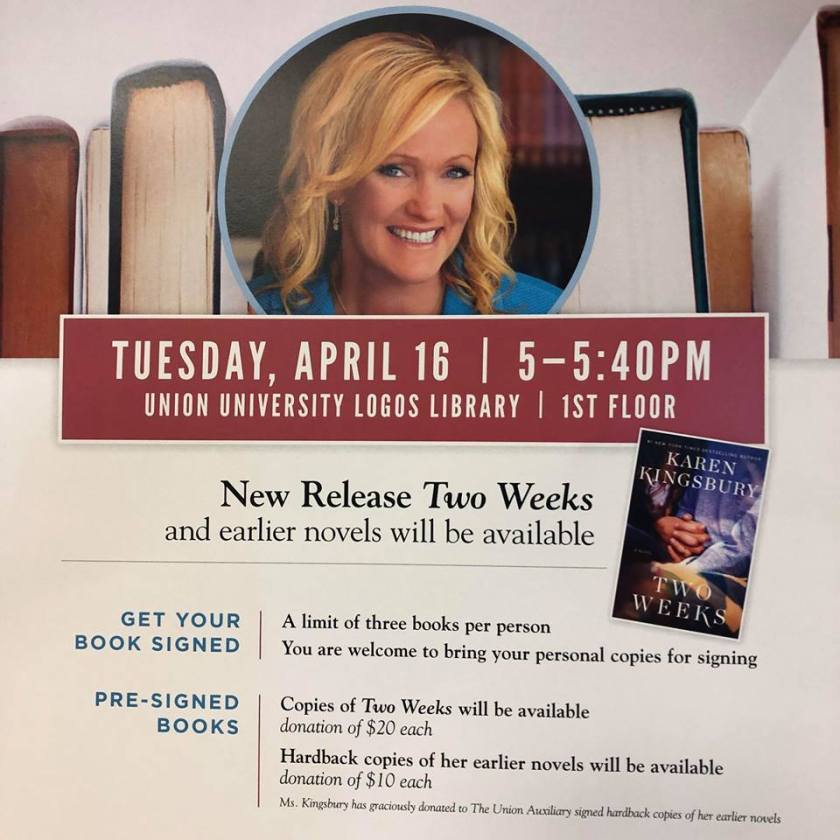
“Tell A Story Day” is upon us. The purpose of this fun holiday is to offer a special day to read and tell stories of all kinds. Libraries across the country will have unique readings to children and famous authors will gather to share ideas. It is a day to remember one of the oldest practices humanity still continues to today. So, if you’re interested in ever writing a story, or just making your friends laugh, here are some tips on how to tell an effective story. (These tips apply to both written and spoken stories.)
1. Know Where You’re Going
Going on a trip is always fun. Most people plan out a trip by finding hotels, checking airline prices, finding tourist attractions, and planning for transportation. Rarely would you go on a trip without planning any of this, or without packing. When it comes to telling a story, planning is key. Determine the point or destination of your story. If your story does not have a point or end idea, then maybe save it, or reframe it. The worst feeling is to get to the end of your story and your audience not understand why you told it in the first place. Know where you’re going and lead your audience there- which brings me to my second point.
2. Lead Your Audience
Stories are about guidance. Think of yourself as a tour guide as you take your audience through the story. You know the twists and the turns. You know the places where suspense will be key, but remember that your audience does not know these things. You must bring them there. Do not give away too much at the beginning or save everything for the end. Remember how long you have to tell the story (page count or time limit) and pull the story along that time. Your words (written or spoken) are like a rope that the audience follows to the destination you have determined. As you tell your story, focus only on the details that matter along the road you are bringing them down. Do not allow them (or yourself) to become too distracted. You will lose them quickly if you don’t lead well.
3. Stay Focused
It is very easy (especially when talking) to begin to wander around in your storytelling. Perhaps you think of another story while telling one. Your brain has made the connection so you jump to the next thing, leaving your audience confused on where you’ve taken them. Be careful when following rabbit trails. Your audience may begin to believe that there is no destination and that you are just meandering with your words. Once they become directionless, your audience will stop caring about the story. If a tangent is important to the destination, help the audience to understand why it is important.

4. Don’t Laugh Before the Punchline
I often find myself, usually when telling jokes I find particularly funny, laughing before I’ve delivered the punchline. The problem is, I’ve not helped my audience appreciate the joke more, I’ve only aggravated them. I’ve done so simply by knowing something they don’t. I’m the one telling the joke, I shouldn’t laugh until everyone else does. In storytelling, this can happen as well. If you show emotions out of place with the current moment in the story, you will confuse your audience. If you know something about a character the audience doesn’t, don’t make comments about it until the time when the audience understands. This isn’t to say you shouldn’t foreshadow, but only that you don’t give everything away before the proper time.
5. Have a Moral (but not a moral-of-the-story)
We have all heard the line “the moral of the story is…” Since you have undoubtedly heard this before, you understand it is a cliche. Try to avoid cliches as much as possible, including this one. If you tell your story well, there is no need for this tagline at the end. Your audience will have grasped the moral without realizing it. That is the point of the path you are taking them on. By the end they hardly remember every step, but they can look back and see how far they’ve come along.
Storytelling is an amazing practice. So take these tips and write and tell away! Take your audience along for the ride, but pay attention: you never know what a story might teach you.
*written by Brennan Kress










